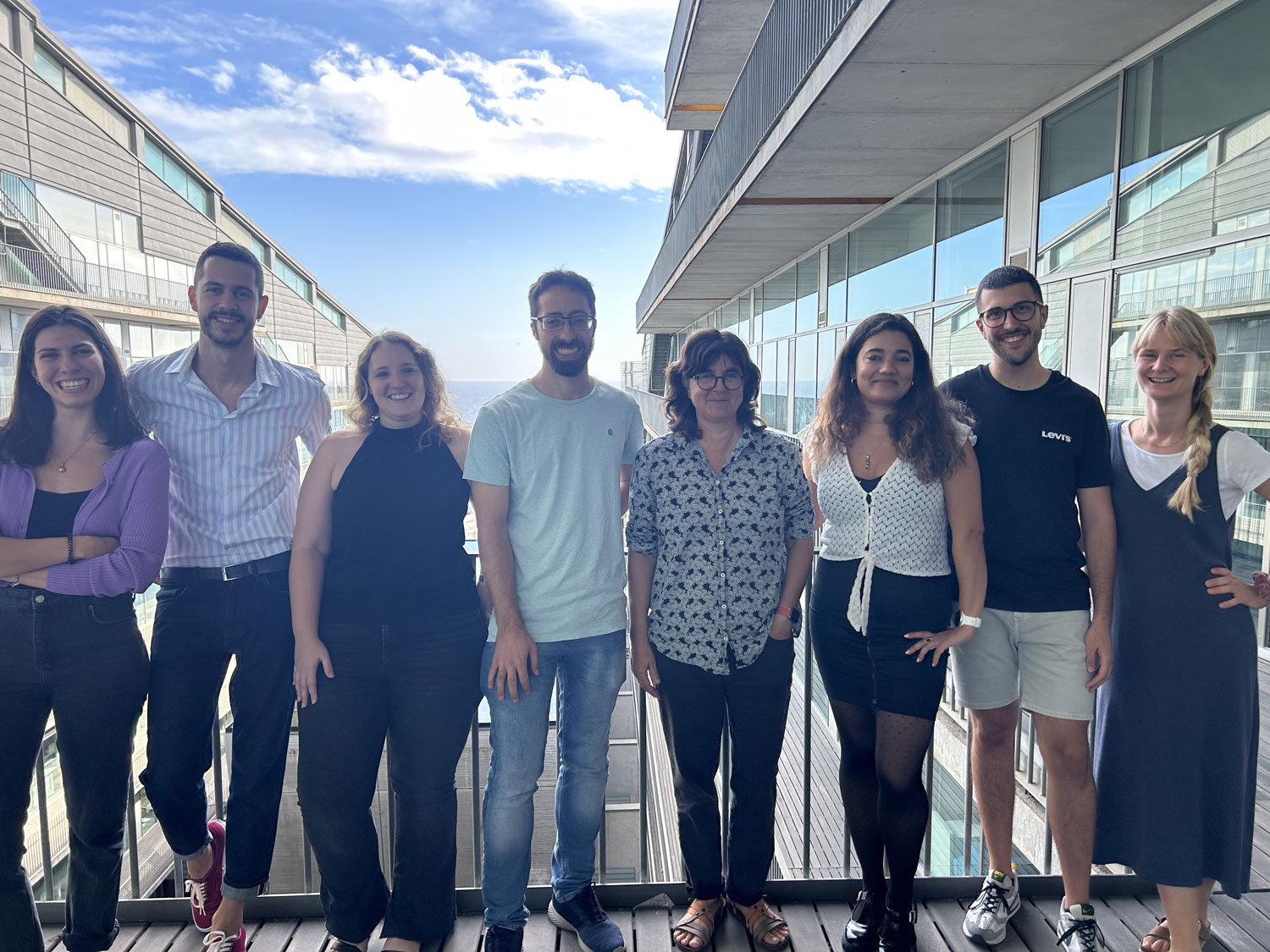Research in the Evolutionary Genomics Group led by M. Mar Albà, focuses on the use of comparative genomics and transcriptomics to gain an understanding on the evolution of new genes and non-canonical ORFs. This work is mainly supported by an ERC Advanced Grant (NovoGenePop). We are also investigating the generation of neoantigens in cancer and developing machine learning methods to predict the response to treatment, with support from Institute Carlos III and the BBVA Foundation. The group has a strong computational focus but also an experimental side.
Research lines
- Evolution of lineage-specific genes
Lineage-specific genes are those exclusively found in one species or group of related species. Their study can shed light into the mechanisms of formation of new genes. Recent research in the group has shown that many lineage-specific genes are likely to have originated de novo from genomic non-coding regions. We are currently using RNA-Seq and Ribo-Seq data to further understand the mechanisms of formation of new genes.
- Expression of neoantigens in cancer cells
We are investigating gene expression in cancer cells with the objective of identifying putative neoantigens that may trigger an immune response against the tumor. For this we are examining RNA-Seq data from cancer cells and comparing it to similar data for normal tissues. Novel translated ORFs can be predicted on the basis of the hexamer composition using the CIPHER program. We are also developing computational pipelines to predict the binding affinity of the neoantigens to HLA receptors.
- Gene duplication and adaptive evolution
We are interested in the evolution of gene duplicates and have performed several studies to investigate their expression and sequence diversification following duplication. We have also developed methods to identify shifts in the evolutionary rate of genes in the mammalian phylogeny and to measure adaptive evolution in individual genes or clusters of functionally-related genes. We have shown that selecting isoforms of similar length with our software PALO reduces the fraction of misaligned positions and false positives in tests of adaptive selection.
Website of group: http://evolutionarygenomics.upf.edu/group/
